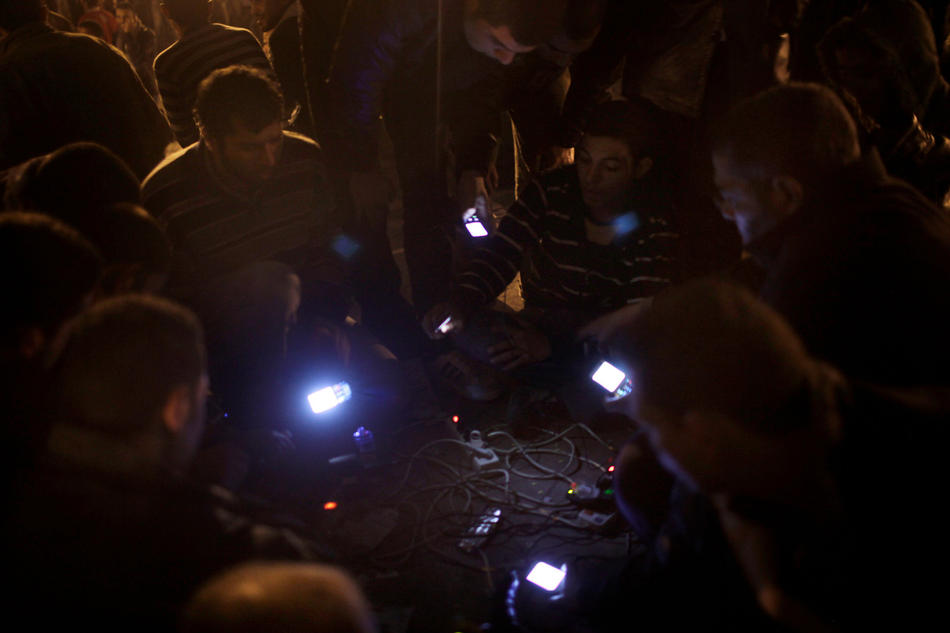 This is the fourth panel spotlight for the upcoming Theorizing the Web conference on April 9th. I’ll have the pleasure of presiding over a panel that focuses on how mobile web platforms are augmenting the world of bricks and flesh. Much more than an ethnography of Foursquare, this panel will explore our changing relationships to space and place, and the new ways public and private spaces are opening up as a result of this new augmented reality.
This is the fourth panel spotlight for the upcoming Theorizing the Web conference on April 9th. I’ll have the pleasure of presiding over a panel that focuses on how mobile web platforms are augmenting the world of bricks and flesh. Much more than an ethnography of Foursquare, this panel will explore our changing relationships to space and place, and the new ways public and private spaces are opening up as a result of this new augmented reality.

PJ and Nathan have done an excellent job on this blog of articulating social media’s role in times of revolution, but this panel seeks to understand social media’s roll in a variety of instances. We will explore the cultural contexts that Social Networking Services (SNS) operate within, and what this does for old and new associations with (and within) place and society. From San Francisco hipsters to Chinese political activists, and from your local Starbucks, to the Second Life, social media is changing how we interact with our cities and our fellow citizens.
If anything unites these four panelists, it is their balanced perspective on the roll of digital media. Its easy to essentialize mobile computing platforms, or mistake computer mediated communication as anti-social. Without essentializing the technology, or romanticizing the past, these authors provide a balanced critique of what is happening in our cities and online. Read the four abstracts after the break to learn more:




 The protests in Egypt have been front and center in the American media over the previous two weeks. We were greeted with daily updates about former President Mubarak’s grasp on power, and, ultimately, his resignation. Buried in all the rapidly unfolding events were numerous stories about social media and its role in the revolution. I think it may be useful to aggregate all these stories as we begin to analyze how important social media was (if at all) to the revolution – and, also, whether the revolution has significant implications for social media.
The protests in Egypt have been front and center in the American media over the previous two weeks. We were greeted with daily updates about former President Mubarak’s grasp on power, and, ultimately, his resignation. Buried in all the rapidly unfolding events were numerous stories about social media and its role in the revolution. I think it may be useful to aggregate all these stories as we begin to analyze how important social media was (if at all) to the revolution – and, also, whether the revolution has significant implications for social media.